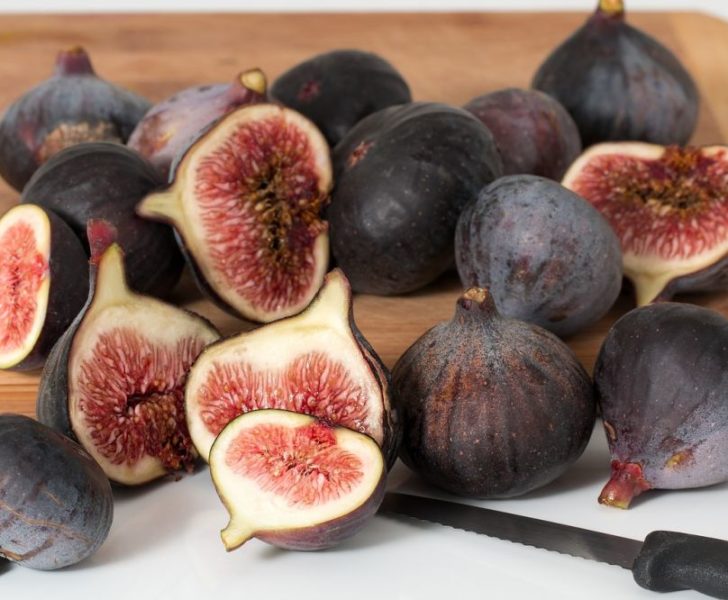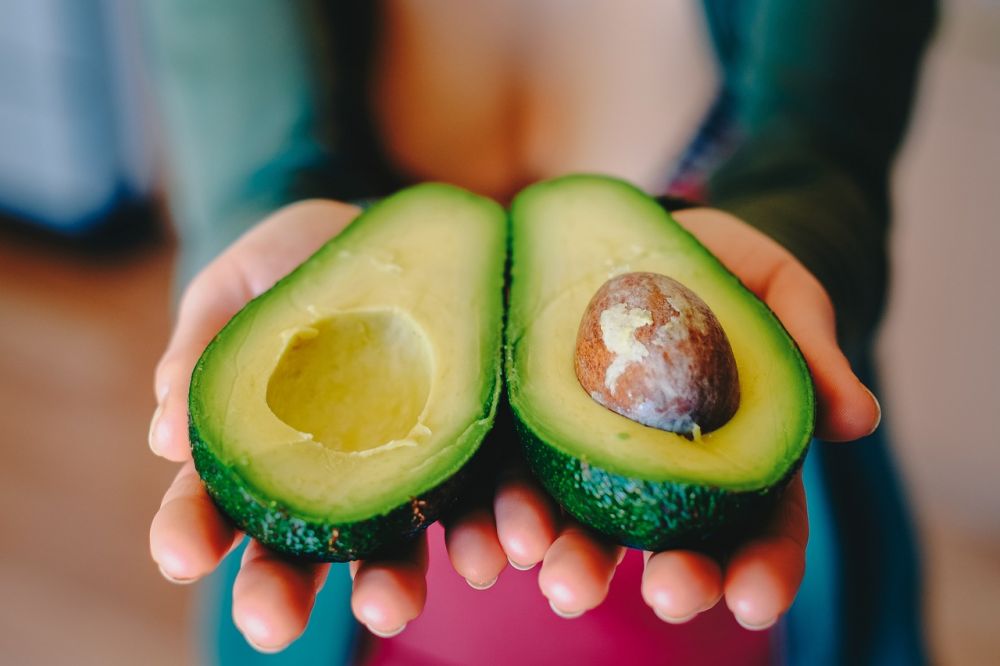Keto Diet Vegan: A Comprehensive Overview

Introduction:
In recent years, the ketogenic diet has gained significant popularity as an effective way to achieve weight loss and improve overall health. However, following a traditional ketogenic diet that focuses on high-fat, low-carb animal-based foods may not be suitable for vegans. This is where the concept of the ”keto diet vegan” comes into play. In this article, we will provide a thorough overview of the keto diet vegan, its various types, popular variations, quantitative measurements, differences between them, and a historical analysis of their pros and cons.
I. An Overview of the Keto Diet Vegan:

The keto diet vegan is a plant-based version of the traditional ketogenic diet. It emphasizes consuming high amounts of healthy fats, moderate protein, and minimal carbohydrates while eliminating all animal products. The goal of this diet is to induce a state of ketosis, where the body burns fat for fuel instead of carbohydrates. This can lead to weight loss and increased energy levels.
II. Types of Keto Diet Vegan:
1. Standard Keto Diet Vegan (SKD-V): This is the most common type of keto diet vegan, where the macronutrient ratio is typically 70-75% fat, 20-25% protein, and 5-10% carbohydrates. It encourages the consumption of plant-based fats like avocados, nuts, and coconut oil.
2. Targeted Keto Diet Vegan (TKD-V): This variation involves consuming small amounts of carbohydrates before or after exercise to provide additional energy for workouts. It may be suitable for vegan athletes or those with high-intensity training regimes.
3. Cyclical Keto Diet Vegan (CKD-V): This involves cycling between periods of strict ketosis and higher-carb days. It may be adopted by some vegans to improve adherence to the diet or to accommodate social events.
III. Quantitative Measurements on the Keto Diet Vegan:
To achieve and maintain ketosis, it is essential to monitor certain quantitative measurements:
1. Net Carbohydrate Intake: Limiting net carbs (total carbs minus fiber) to 20-50 grams per day is generally recommended for entering ketosis.
2. Ketone Levels: Measuring ketone levels in the blood, breath, or urine can indicate whether the body is in a state of ketosis.
3. Protein Intake: Consuming an adequate amount of protein is crucial, as excessive protein intake can kick the body out of ketosis.
4. Daily Caloric Intake: Calculating and tracking daily caloric intake helps ensure that macronutrient ratios are maintained.
IV. Differences between Different Keto Diet Vegan Approaches:
Although all variations of the keto diet vegan aim for ketosis, they differ in terms of carbohydrate intake, protein levels, and fat sources. These differences can impact individual preferences, health goals, and personal sustainability.
V. Historical Analysis of Pros and Cons:
1. Advantages of the Keto Diet Vegan:
– Potential weight loss and improved insulin sensitivity.
– Increased satiety and reduced cravings.
– Possible therapeutic benefits for conditions like epilepsy and type 2 diabetes.
2. Drawbacks of the Keto Diet Vegan:
– Difficulty in meeting nutrient requirements, especially vitamin B12, iron, and omega-3 fatty acids.
– Limited food options and potential social challenges.
– Long-term sustainability and potential adverse effects on gut health.
[INSERT VIDEO HERE]
Conclusion:
The keto diet vegan offers a plant-based alternative to the traditional ketogenic diet. It allows individuals to follow a low-carb, high-fat approach while adhering to their vegan lifestyle. However, it is essential to consider individual nutrient needs, monitor quantitative measurements, and evaluate the long-term sustainability of this dietary approach. As with any diet, it is recommended to consult with a healthcare professional or registered dietitian before making significant changes to one’s eating habits.











